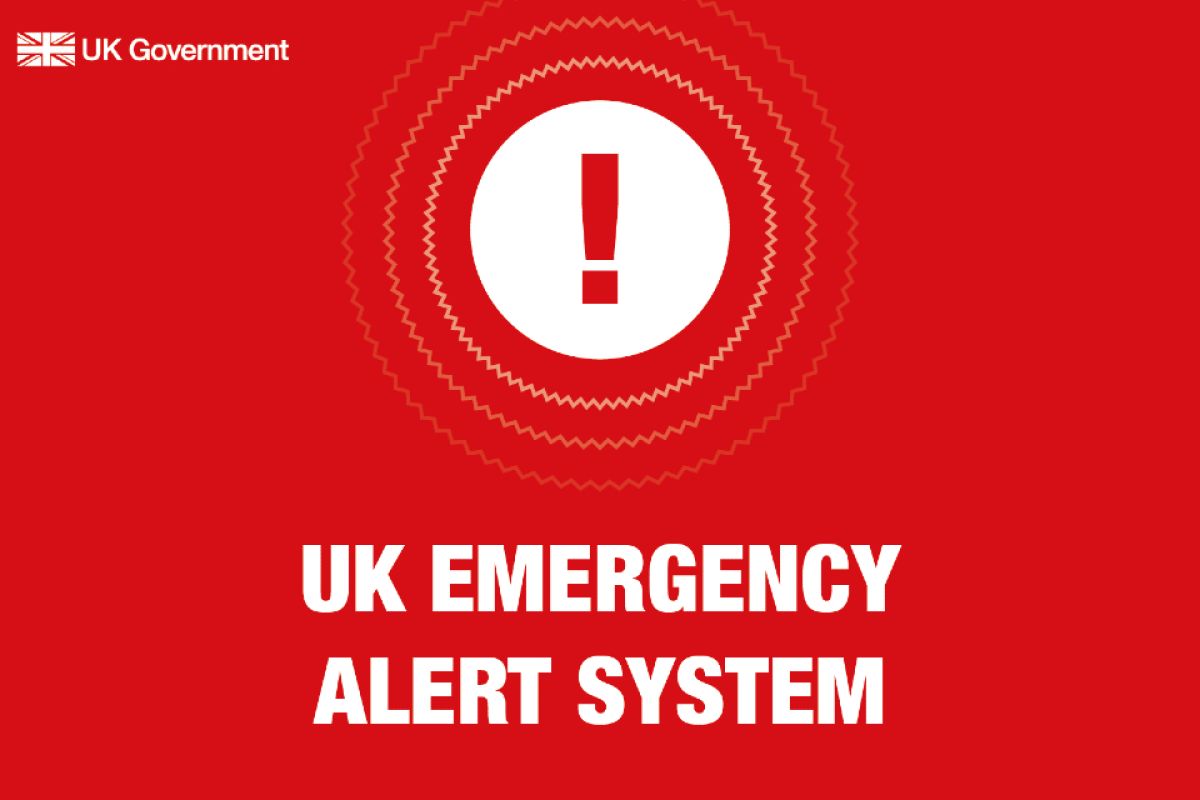The UK National Alert System: More Anticlimax than Conspiracy

The Government has formally announced their selection for survival, and it seems that I’m not on the list. At least I’m joined by 9.5 million others under the mobile network operator Three, whose customers didn’t receive the national emergency alert on the 23rd April.
The Government’s awareness campaign created an unusual hype around the event, which was the UK’s first test of a nationwide alert system. Millions of people were sat, ready and waiting, for the scheduled 3pm alert to blare from their phones. But, anticlimactically, the alert went off at 2.59pm, and the noise was awful. It didn’t even sound like a siren, it was more of a dull and unimpressive horn. All I remember thinking “urmm, this is a bit naff”.
Alarms also continued to erratically sound until 3.21pm, when the trial officially ended. The event, which was overall pretty disappointing, also provoked a range of responses: reinforcing the idea that the relatively unfazed British public is unable to take anything seriously.
It almost felt like everyone was sitting on their sofa, with a bowl of snacks in their left hand and phone in the right, waiting for Dermot O’Leary to announce the winner of The X Factor circa 2012. Yet as everyone was checking their phone every few minutes for an update on the time, it happened a minute early, catching everyone off guard. The Government’s premature start stirred considerable backlash on Twitter, from those who hadn’t silenced their friends’ excited chatter to those who weren’t quite prepared. A lot of people seemed to be sitting on the toilet at the crucial moment, for instance.
The Telegraph even live-streamed the event, with their camera operator filming some underwhelming shots of the public looking unbothered. The operating speeds of all the different UK mobile networks meant that the 3pm alert didn’t bask in the glory that it could have.
While it was fun and games for those who saw the alert as a bit of fun, it had more serious ramifications for the World Snooker Championship. The event, which took place at The Crucible in Sheffield, had carefully planned to pause the game in time for the scheduled alert. However, the staggered alert times meant that play was disrupted on three separate occasions, forcing the finalists to take a seat while they waited. It was like a game of yo-yo: as soon as the player stood up and approach the table, someone’s phone would go off, and the referee would signal for the player to sit down again.
There was also considerable speculation about the simulation dimension of the alert. In many ways, it was the first nationwide phenomenon since the UK’s response to the pandemic, and it had many parallels to Covid, because in both cases the British public were informed about an ‘event’ via telecommunications. In the same way that the nation sat in front of the TV to hear Boris Johnson announce that we were entering a lockdown, the nation was almost hooked to their phone in expectation of the alert.
These parallels let some people’s imaginations run wild, and a whole host of conspiracy theories were propagated online. Not to bring attention to the name, but Katie Hopkins called the alert “Armageddon” plotted by “the nudge unit”. Others insisted that the Government got the nation’s phone numbers from the covid vaccine, despite the fact that alerts were sent to phones in the vicinity of a phone mast. Some added to this rather bizarre idea by claiming the pathogens in the vaccine would be activated by the signal. Unsurprisingly, this idea has been shut down by biomedical experts.
Conspiracy theorists also discussed that the alert system would allow personal data to be collected, sparking fears of a New World Order where individuals are forced to be part of biological warfare, and are compelled to do so because the government had their data that they could threaten their non-compliance with. The range of theories sprinkled over social media platforms gained considerable traction, leading everyone from qualified experts to trigger-happy social media enthusiasts to share their views on the reasons behind, and ramifications of, the alert system.
So, whether the government is preparing for its response to a possible attack by Russia, collected data from primary school athletics competitions to determine who could survive in a nationwide attack, or simply trying to catch-up with the USA and Japan’s established emergency alert systems (and taking a decade to do so), one thing can be sure about the last the trial: it was very anticlimactic.







